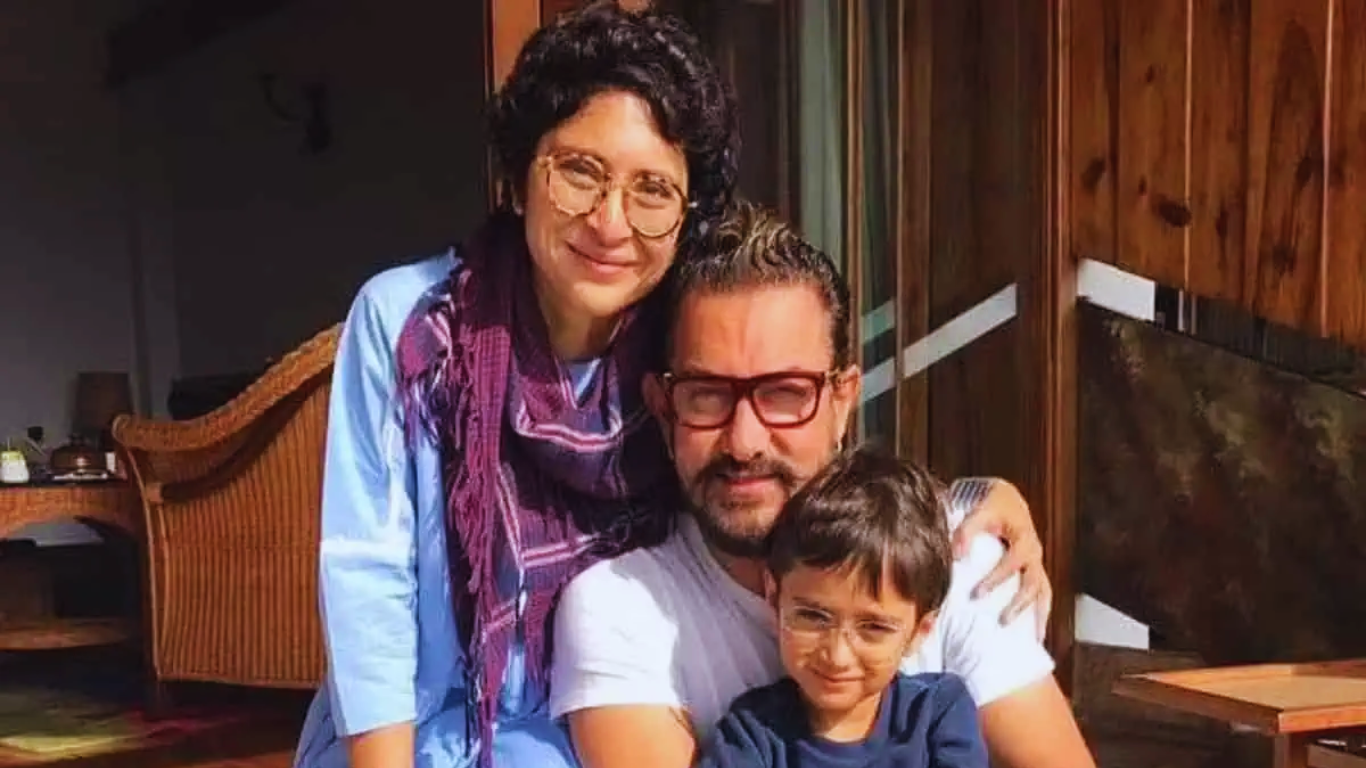A recent report from the World Health Organization (WHO) has highlighted a concerning trend in the Southeast Asia region, with the tuberculosis mortality rate witnessing an 8.6% rise in 2021 compared to 2015.
Saima Wazed, the Regional Director of WHO for the Southeast Asia Region, expressed deep concern over this development. She stated, “The TB mortality rate in the Region increased by 8.6% in 2021 compared to 2015. The probability of death between the ages of 30 and 70 years from four major diseases – cardiovascular diseases, cancer, diabetes, and chronic respiratory diseases – is still unacceptably high at 21.6%.”
Wazed emphasized that marginalized groups, particularly the poorest, face significant barriers to accessing essential healthcare services. She stressed that poor-quality care contributes to more diseases and deaths than the lack of access to care itself.
Gender inequality was also highlighted as a factor affecting equitable access to diagnosis and treatment of non-communicable health conditions.
In light of these challenges, the WHO will focus on the theme ‘My Health, My Right’ for World Health Day on April 7. This theme underscores the fundamental right to health for all individuals.
Wazed elaborated on the importance of realizing the right to health, stating, “Realizing the right to health for all means creating conditions where everyone, everywhere can access high-quality health facilities, services, and goods that prioritize people’s needs, understanding, and dignity.”
She emphasized that to fulfill the right to health, both health services and the underlying determinants of health should be available, accessible, acceptable, and of adequate quality.
Despite some progress in the region, including improvements in healthcare service coverage and reductions in maternal and child mortality rates, significant challenges remain. Nearly 40% of the population in the region lacks coverage of essential health services, and investments in health by national governments are inadequate.
Addressing these challenges requires a comprehensive approach grounded in human rights principles, including equality, non-discrimination, participation, and accountability. Wazed reiterated WHO’s commitment to advancing the right to health and called for collective efforts to make this right a reality for all.





















